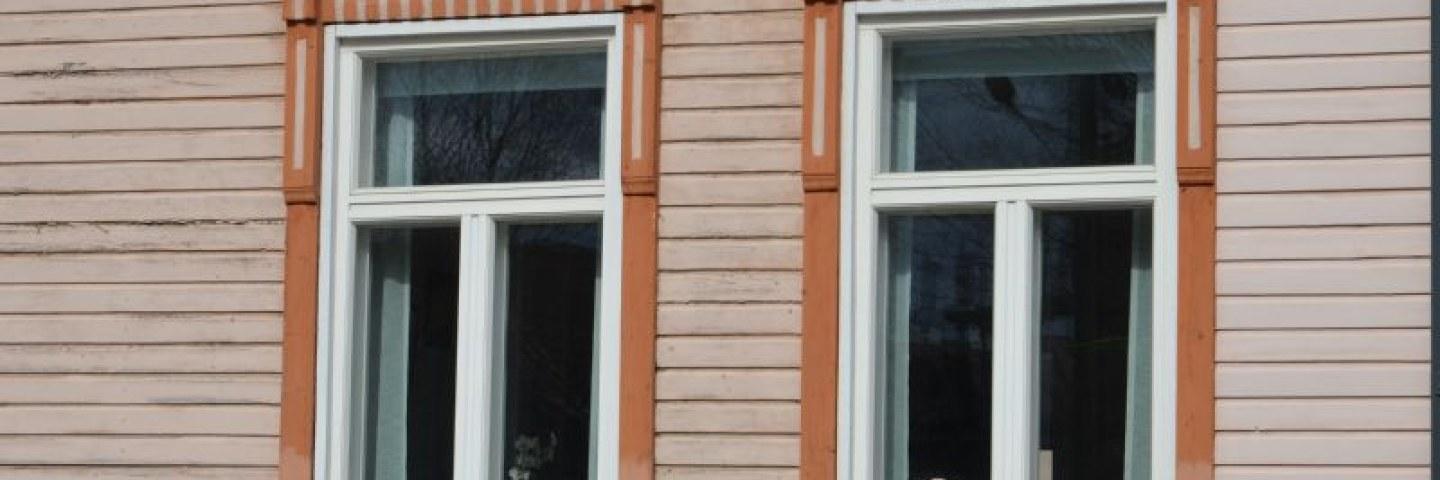The Covid-19 pandemic has drastically changed our lives, and for many, everyday life is now restricted to home. Home has become a place for wage work, public education, health care and early childhood education – all tasks that were previously assigned to the state, municipalities and other official institutions.
Home commonly represents a private and intimate space for support and safety. It is generally understood as a safe haven when public life and formal institutions are restricted. Yet the ongoing crisis has already seriously challenged the commonly shared ideas of home. Due to lockdown, home is alleged to have become the most dangerous place, especially for vulnerable groups. While perhaps the expectation is to feel safe during home quarantine, there are many people who may suffer very severely from being at home due to physical isolation and social distancing.
The aim of the Home, Covid and Conflicts (HoCC) project is to produce holistic and up-to-date scientific knowledge on the social and health impacts of the corona crisis and to focus on home as the key analytic lens. Home is the social space in which the economic and societal impacts of the current crisis are experienced most intimately, affectively and bodily. HoCC studies the new roles and functions of home by means of the triangulation of disciplines, data sets and research methods. The aim is to conduct a holistic evaluation of the impacts of the current crisis from the perspectives of family relations, elderly and childcare, domestic violence, and social and health care sustainability, and to analyse these through conceptualisations of vulnerability, intersectionality and social suffering.
Publications and more information from homepage.
Picture: Miinu Mäkelä 2020, Tampereen museot.
Funding source
University of Tampere
Coordinating organisation
The Tampere Centre for Childhood, Youth and Family Research, PERLA.
People
Marita Husso
Professor Marita Husso
Marita HussoPäivi Honkatukia
Professor, nuorisotutkimusEija Paavilainen
Professor, hoitotiede Eija Paavilainen
Eija Paavilainen